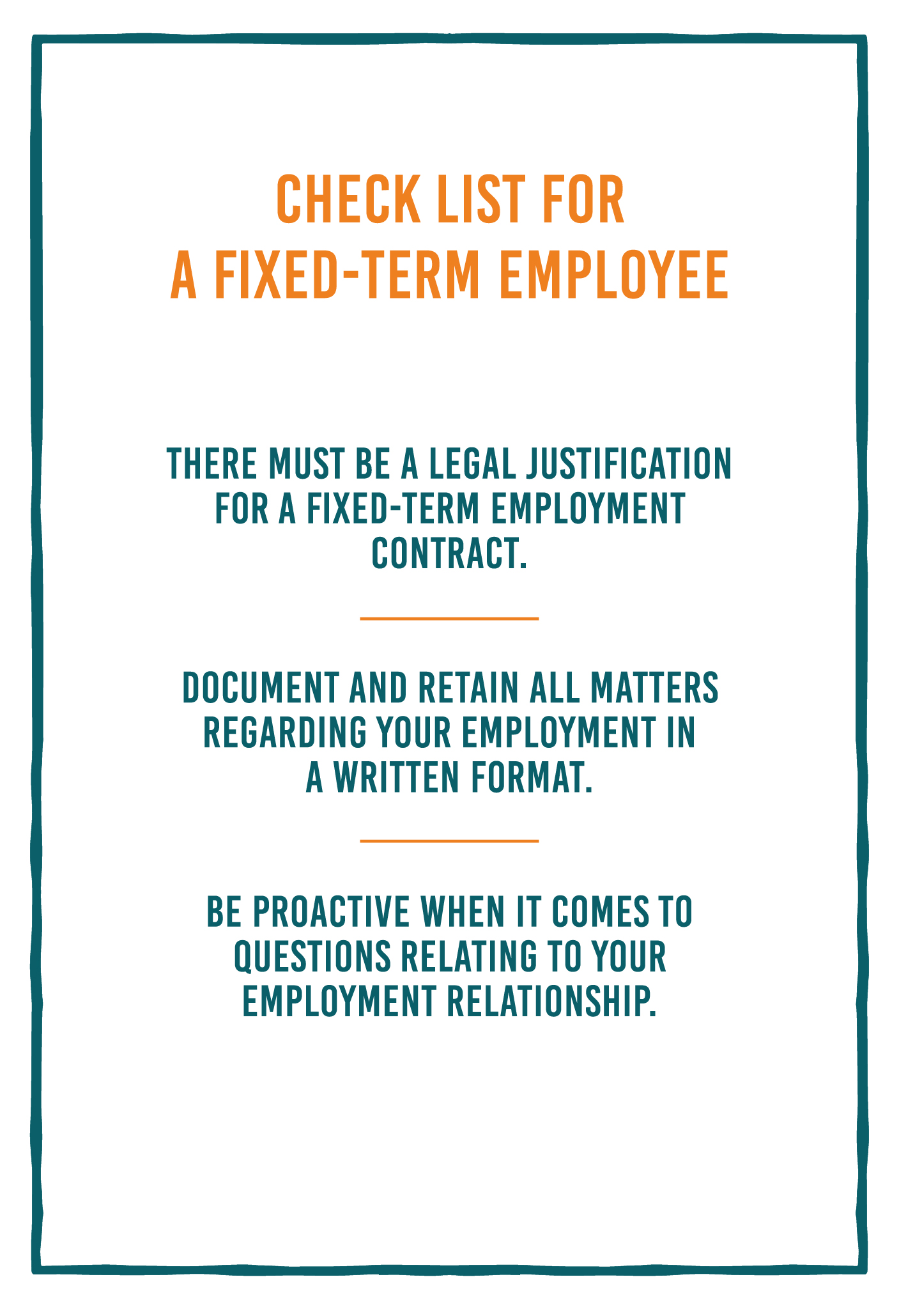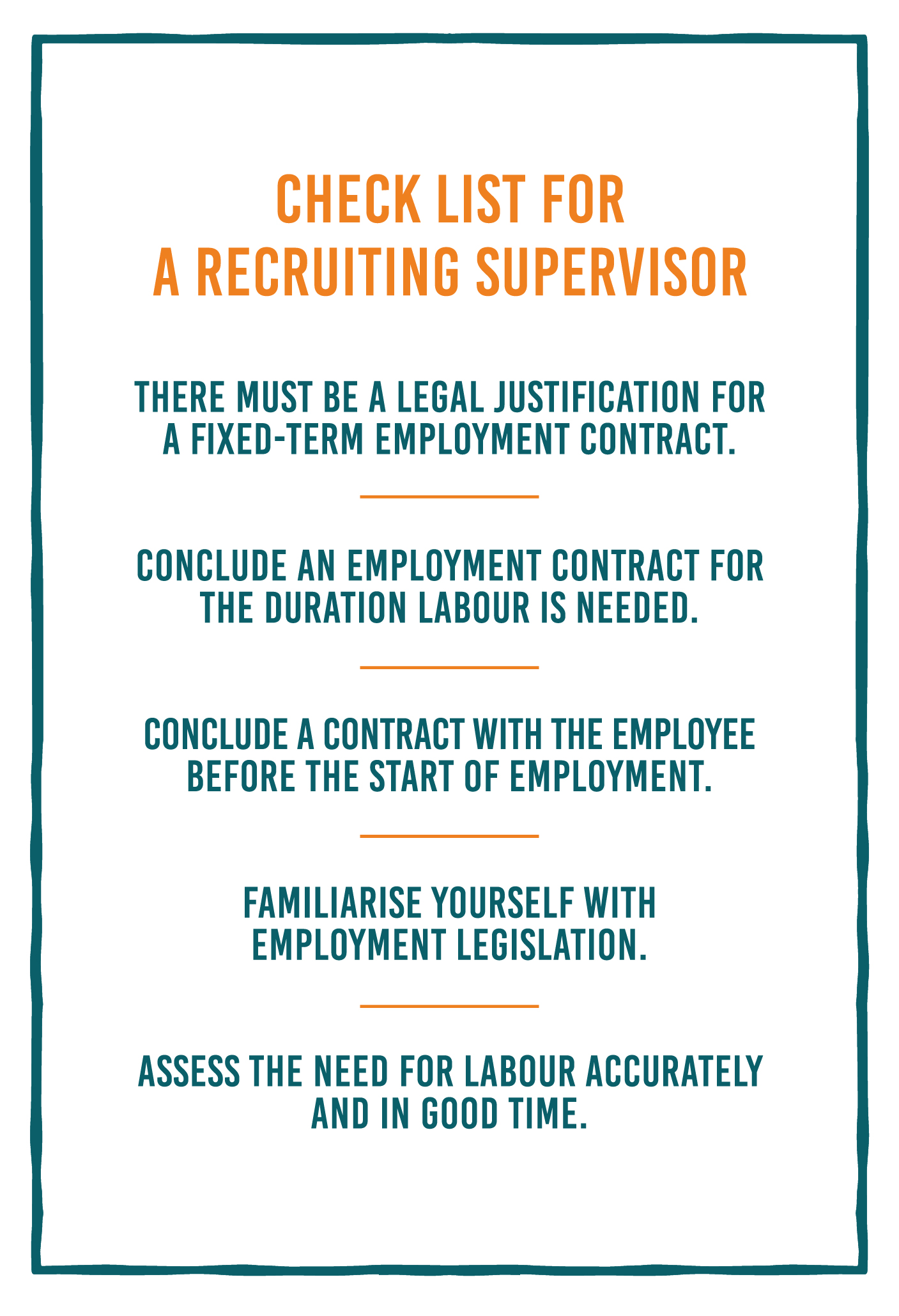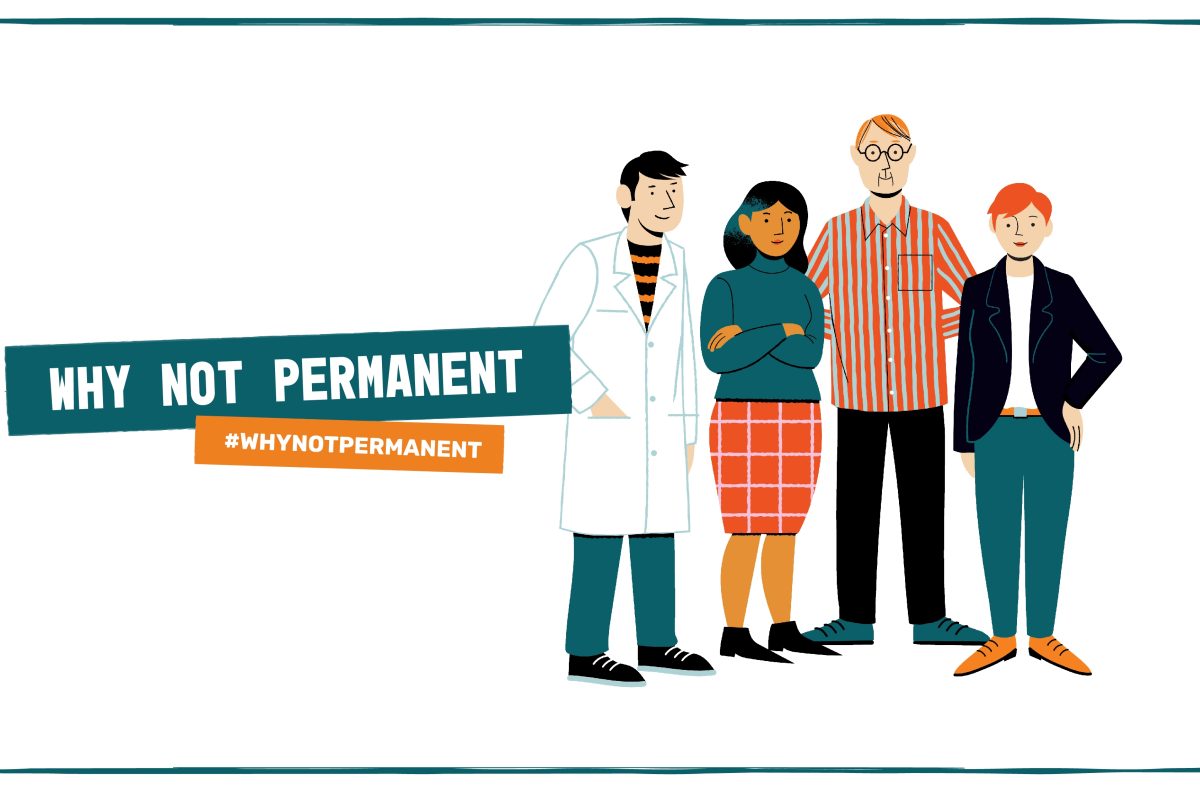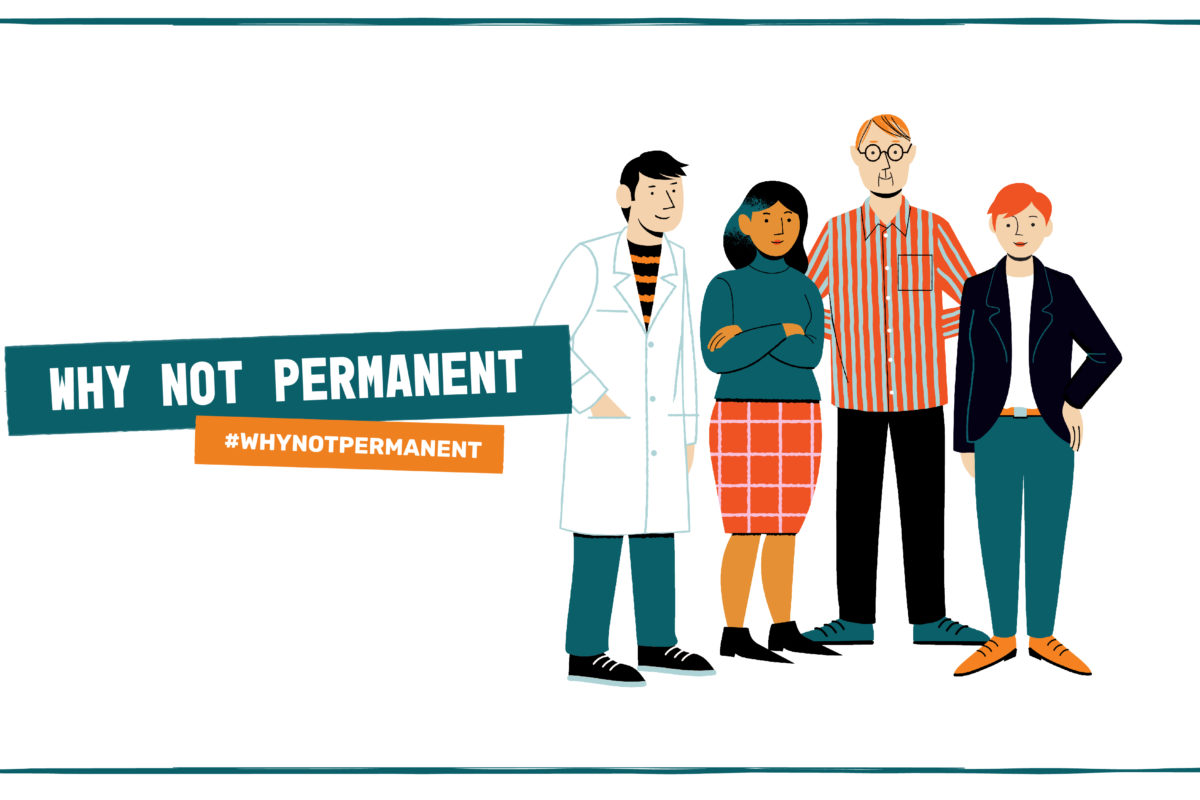“When I was looking for a place for my doctoral dissertation, the supervisor for my Master’s thesis helped me get in contact with a professor at the University of Turku who had left a great impression on me. I was so happy when they agreed to be my supervisor. This is how I came to Finland. That was 14 years ago. This is my second home now. I have even given my dog a Finnish name, Pekka.
Studying in Finland is free, but living is expensive. I learned to work hard from my parents who were entrepreneurs. Funding the doctoral dissertation was difficult, and I financed it through grants and part-time jobs. When I defended my dissertation at the age of 33, about twenty of my relatives travelled to Finland to see the event. It was great to be able to share one of the greatest moments of my life with them.
After gaining my doctorate degree, I got a place in my supervisor-professor’s research group, which had funding for three years. After the initial funding was over, we had to constantly apply for new funding. There has been a steady flow of new projects. I always aim to do my best for research. I often get complimented on how regularly I am able to publish.
Sometimes, the employment contract is for the whole duration of the project, or it can be for six months or a year at a time. Often, the employer informs us about the continuation when the new contract should already start. For this reason, I have not even been able to take a break in between projects. I once counted that in 10 years, I’ve had 12 employment contracts.
I sometimes get very tired, and I’ve even had to take sick leave due to exhaustion a few times. I often work late and during weekends. It’s been a long time since I’ve had more than two weeks of holiday. Even during summers there are conferences or I collect data. I’m a botanist, so the fieldwork season is always hectic.
I always have to apply for funding and jobs elsewhere, just in case. I never know for sure whether my employment at the university is going to continue or not.”
Union Lawyer’s response to Anna:
Hi Anna,
I’m sorry to hear that work has become difficult. Unfortunately, fixed-term employment relationships have become a significant problem to well-being at universities. According to the 2019 member survey of the Finnish Union of University Researchers and Teachers, one of the most significant causes of work-related stress is the situation with fixed-term contracts. The problem is not just the large number of fixed-term employees but also the short duration of contracts. Using very brief, fixed-term employment relationships often indicates the employer’s poor work organisation skills.
Informing an employee about the continuation of the employment contract at the last moment indicates bad management. It is only appropriate to give an employee the opportunity to prepare for the next step in their working career. Oral promises regarding the future of employment relationships cannot replace a written contract concluded in good time.
Although an oral agreement is binding, it is often difficult to prove. Do not hesitate to request a written employment contract if there is no sign of one. A delayed employment contract is problematic particularly for international researchers, and short contracts can cause serious issues with residence permits, for instance. Each residency permit application also costs money.
Did you know that there must be a legal reason for every fixed-term employment contract, and it needs to be set out in the contract? This got me wondering about the grounds they have set out in your fixed-term employment contracts.
You seem to have gone through a great number of contracts. Perhaps we could take a look together to see if there are grounds for fixed-term employment and whether the requirements for consecutive fixed-term employment contracts have been met.
Consecutive fixed-term employment contracts mean concluding several fixed-term employment contracts one after the other. According to the Employment Contracts Act, it is prohibited to use consecutive fixed-term contracts when their number or total duration or the totality of such contracts indicates a permanent need of labour.
It is alarming that you feel exhausted and you have had to take several periods of sick leave. We must find more sustainable solutions for you as soon as possible.












